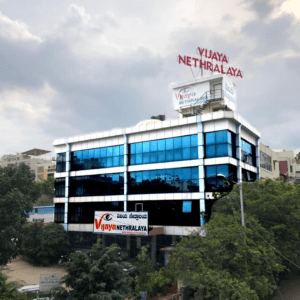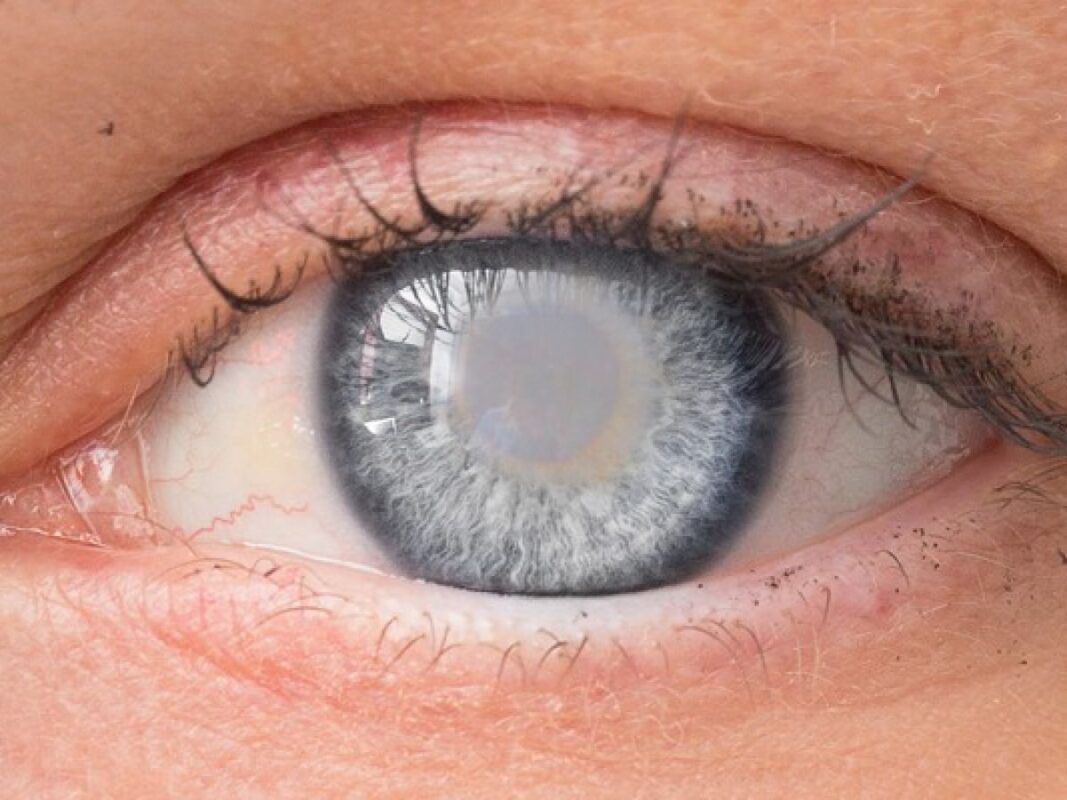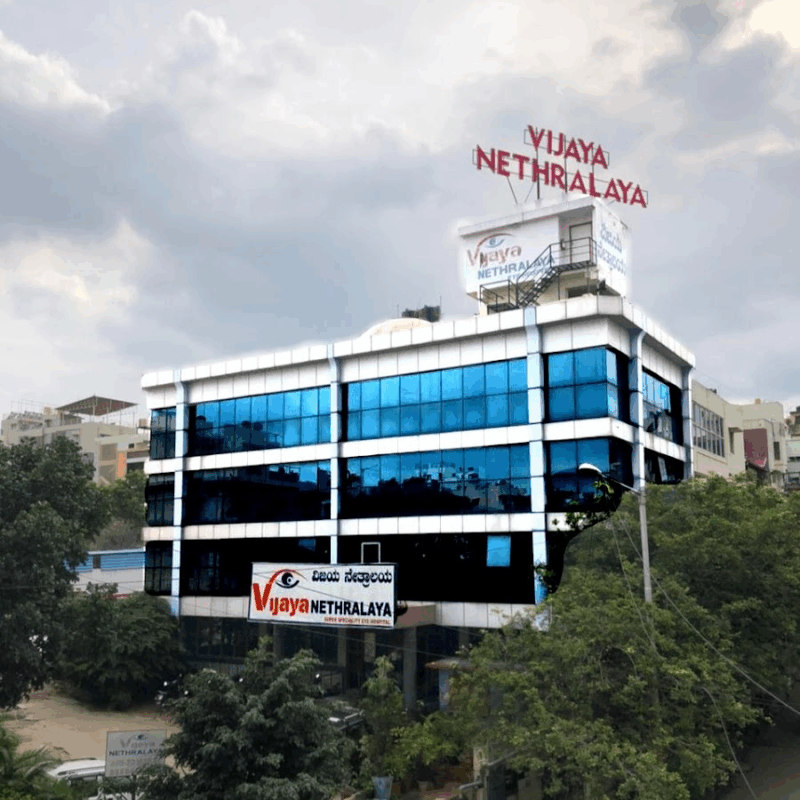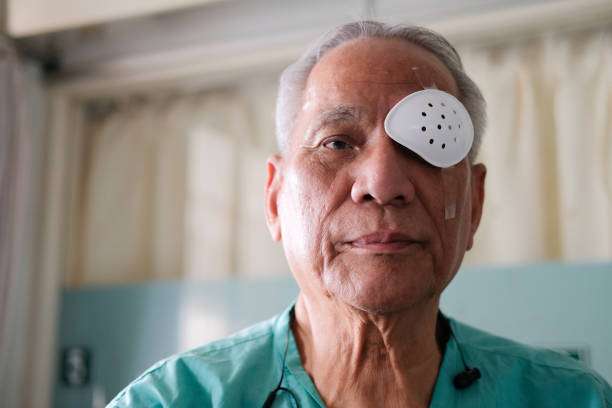Introduction:
Presbyond is a popular procedure for correcting presbyopia, a condition that affects near vision as people age. While it offers promising results, it’s essential to understand the potential side effects before undergoing the procedure. In this article, we’ll delve into the side effects of Presbyond, helping you make an informed decision about your eye health.
Presbyond:
Presbyond is a type of laser eye surgery that treats presbyopia. It uses advanced laser technology to reshape the cornea, improving near and distant vision without requiring reading glasses or bifocals. Individuals often choose this procedure to reduce their dependence on corrective eyewear as they age.
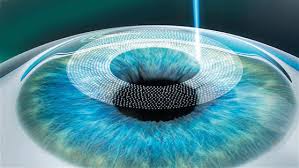
Common Side Effects:
Dry Eyes: Dry eyes are a common side effect of many laser eye surgeries, including Presbyond. This occurs when the eye doesn’t produce enough tears to keep the surface lubricated, leading to discomfort, irritation, and occasional blurry vision. Usually, you can manage temporary dry eyes with artificial tears or prescription eye drops.
Glare and Halos: Some patients may experience glare or halos around lights, especially at night. This side effect is usually mild and tends to improve over time as the eyes adjust to the changes made during the procedure. However, in rare cases, it may persist and require further treatment.
Light Sensitivity: Following Presbyond surgery, some individuals may notice increased sensitivity to light. This sensitivity usually resolves within a few days or weeks as the eyes heal, but in rare cases, it may persist.
Fluctuating Vision: It’s normal for vision to fluctuate in the days or weeks following Presbyond surgery. This can include periods of blurry vision or difficulty focusing, especially during the initial healing process. However, if vision changes persist or worsen over time, it’s essential to consult with your eye surgeon.
Undercorrection or Overcorrection: In some cases, the desired outcome of Presbyond surgery may not be fully achieved, resulting in under-correction (where vision is not fully restored) or overcorrection (where vision is overcorrected).
Rare Side Effects:
- Infection: Although infection is rare, it’s a potential risk associated with any surgical procedure. Signs of infection include increased pain, redness, swelling, or discharge from the eye. If you suspect an infection, seek medical attention immediately.
- Corneal Ectasia: This is a rare but serious complication where the cornea becomes weak and bulges outwards, leading to distorted vision. It typically occurs months or even years after the surgery and may require additional treatment or surgery to correct.
- Corneal Haze: In some cases, the cornea may develop a cloudy or hazy appearance following Presbyond surgery. This is usually temporary and can be treated with medications or additional procedures if necessary.
Author Details:
Dr. Sushruth Appajigowda holds a prominent position as a Cornea, Cataract, Glaucoma, and LASIK Surgeon in Bangalore. He serves as the chief Cataract and Refractive surgeon at Vijaya Nethralaya Eye Hospital, Nagarbhavi Bangalore. Renowned as one of the finest LASIK surgeons nationwide, he brings with him over 12+ years of experience across multiple LASIK platforms, including ZEISS, ALCON, SCHWIND, AMO, and Bausch and Lomb. Having successfully conducted over 5000 LASIK procedures, Dr. Sushruth holds the title of a Certified Refractive Surgeon and a Fellow of the All India Collegium Of Ophthalmology. Furthermore, he stands as a distinguished speaker at various National and International Forums, using his expertise to guide you in selecting the most suitable procedure based on your health requirements.

http://vijayanethralaya.com/link-in-bio/
Conclusion:
While Presbyond surgery offers significant benefits for individuals struggling with presbyopia, it’s essential to be aware of the potential side effects and risks associated with the procedure. By understanding these risks and discussing them with your eye surgeon, you can make an informed decision about whether Presbyond is the right option for you.

